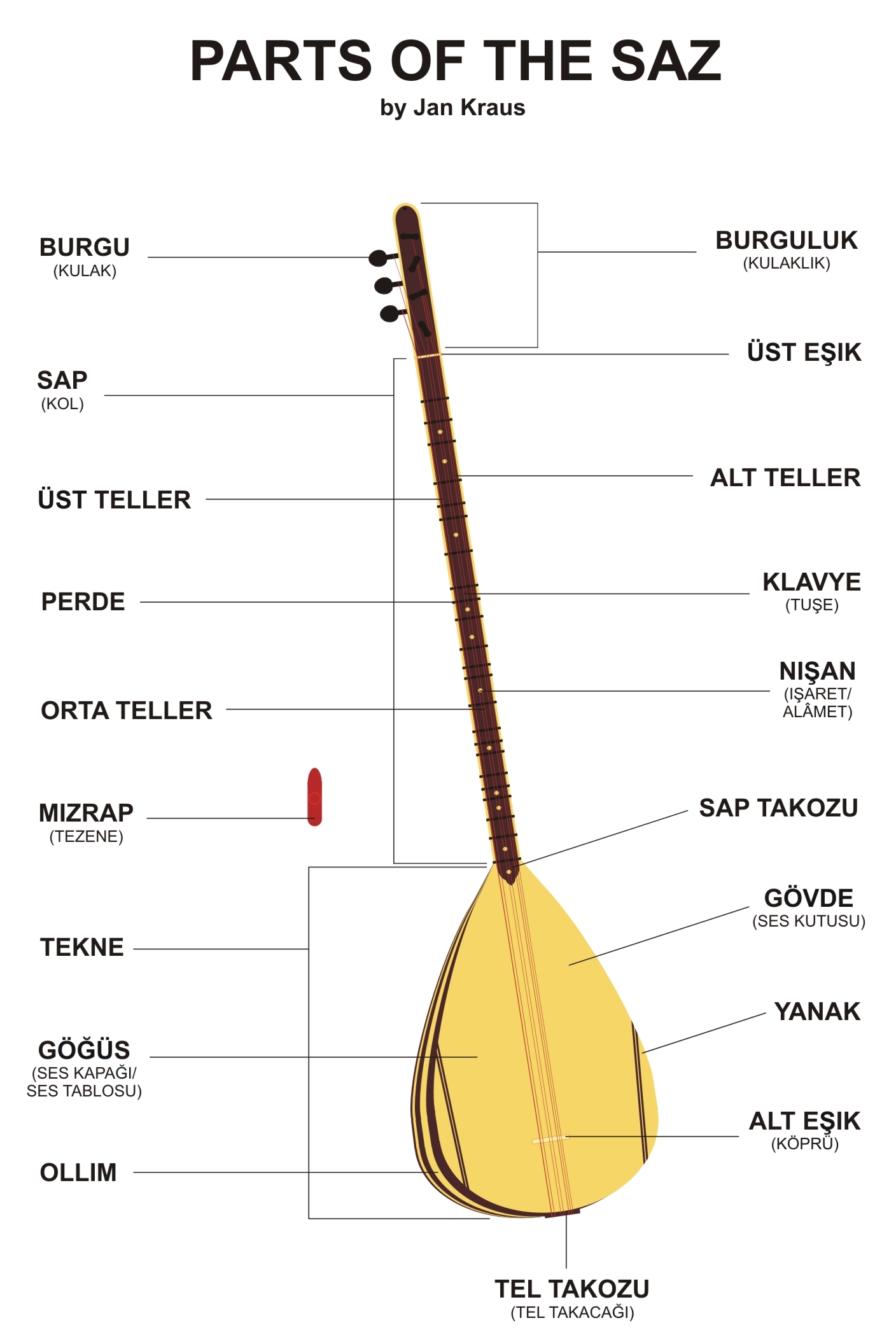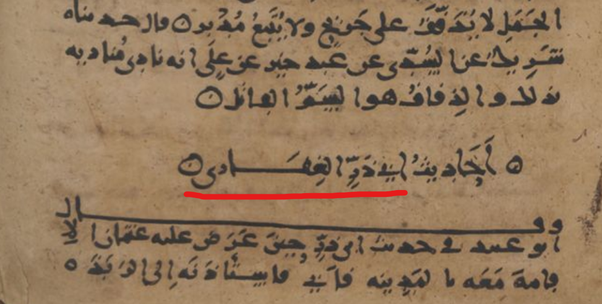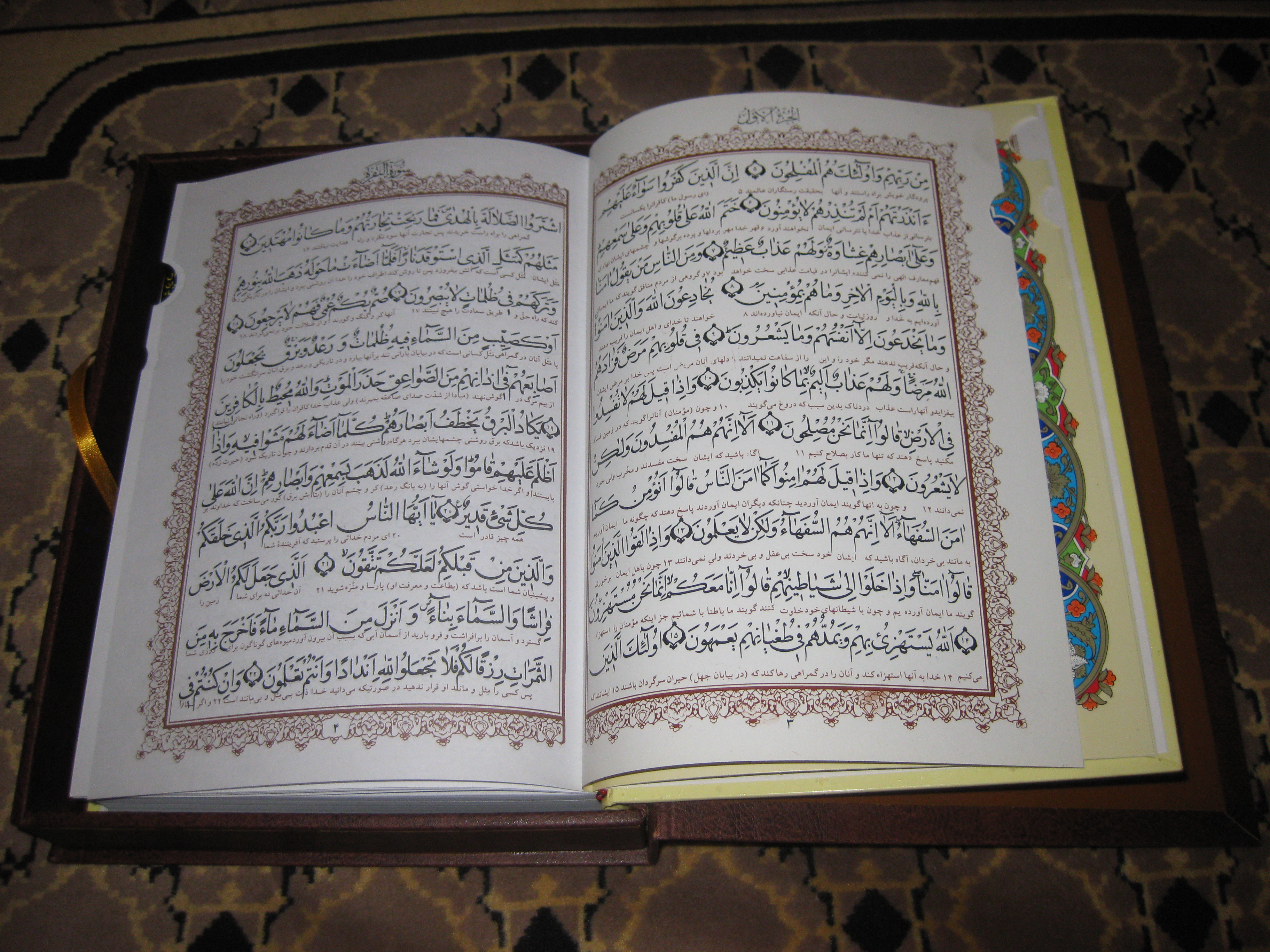|
Brotherhood Among The Sahaba
Brotherhood among the ''Sahaba'' refers to the time after the ''Hijra'' uhammad's migration from Mecca to Medinawhen the Islamic prophet Muhammad instituted brotherhood between the emigrants (''Muhajirun'') and the natives of Medina, the '' Ansar'' (literally "helpers"), and he chose Ali as his own brother. This was done in the house of Abu Ayub Al Ansari. Brothers *Muhammad - Ali ibn Abi Talib *Abu Bakr - Khaarijah bin Zaid bin abi Zuhair al-Ansari *Umar - Utban ibn Malik *Uthman - Aus ibn Thabit *Ja`far ibn Abī Tālib - Muadh ibn Jabal *Abdur Rahman bin Awf - Saad ibn Rabi Aqbi Badri *Talhah - Kab bin Malik *Mus`ab ibn `Umair - Abu Ayub Aqbi *Ammar ibn Yasir - Hudhayfah ibn al-Yaman * Abu Darda - Salman the Persian *Manzar ibn Umar - Abu Dharr al-Ghifari *Muhammad ibn Maslamah - Abu Ubaidah ibn al Jarrah'' Hadrat 'Umar Farooq'' by Prof. Masudul Hasan Islamic Publications Lahore Lahore ( ; ; ) is the capital and largest city of the Administrative units of Pakistan, Pak ... [...More Info...] [...Related Items...] OR: [Wikipedia] [Google] [Baidu] |
Hijra (Islam)
The Hijrah, () also Hegira (from Medieval Latin), was the journey the prophets and messengers in Islam, Islamic prophet Muhammad and his followers took from Mecca to Medina. The year in which the Hijrah took place is also identified as the epoch of the Islamic calendar, Lunar Hijri and Solar Hijri calendar, Solar Hijri calendars; its date equates to 16 July 622 in the Julian calendar. Early in Muhammad's preaching of Islam, his followers only included his close friends and relatives. Most of his tribesmen, the Quraysh, however, were indifferent to his activities, as they did not appear to be particularly interested in devotional meetings, and accordingly, Muhammad did not encounter any serious opposition from them; that was the case until he began to challenge their beliefs, which caused tensions to arise. In May 622, after having convened twice with members of the Medinan tribes of Banu Aws, Aws and Khazraj at al-'Aqabah near Mina, Saudi Arabia, Mina, Muhammad secretly left ... [...More Info...] [...Related Items...] OR: [Wikipedia] [Google] [Baidu] |
Ammar Ibn Yasir
Ammar ibn Yasir (; July 657 C.E.) was a ''Sahabi'' (Companion) of the Islamic prophet Muhammad, and a commander in the early Muslim conquests. His parents, Sumayya and Yasir ibn Amir, were the first martyrs of the Ummah. Ammar converted to Islam by the invitation of Abu Bakr and was amongst the . After the migration to Medina, he participated in building the Prophet's Mosque and fought in most of the early Muslim expeditions. He fought in the Ridda wars under Caliph Abu Bakr () and in the Muslim conquest of Iran under Caliph Umar (). Ammar served as governor of Kufa under Umar. Following Uthman's assassination, Ammar became a devout partisan of Caliph Ali () and died while fighting on Ali's side in the Battle of Siffin. Before Islam Ammar belonged to the Malik clan of the Madhhij tribe in Yemen. Hijaz (current-day Saudi Arabia). He was born in or around the Year of the Elephant, which was the same year as Muhammad's birth, in Mecca, and was one of the intermediaries i ... [...More Info...] [...Related Items...] OR: [Wikipedia] [Google] [Baidu] |
Alevism
Alevism (; ; ) is a syncretic heterodox Islamic tradition, whose adherents follow the mystical Islamic teachings of Haji Bektash Veli, who taught the teachings of the Twelve Imams, whilst incorporating some traditions from shamanism. Differing from Sunni Islam and Usuli Twelver Shia Islam, Alevis have no binding religious dogmas, and teachings are passed on by a ''dede'' "spiritual leader" as with Sufi orders. They acknowledge the six articles of faith of Islam, but may differ regarding their interpretation. They have faced significant institutional stigma from the Ottoman and later Turkish state and academia, being described as heterodox to contrast them with the "orthodox" Sunni majority. The term “Alevi-Bektashi” is currently a widely and frequently used expression in the religious discourse of Turkey as an umbrella term for the two religious groups of Alevism and Bektashism. Adherents of Alevism are found primarily in Turkey and estimates of the percentage o ... [...More Info...] [...Related Items...] OR: [Wikipedia] [Google] [Baidu] |
Companions Of The Prophet
The Companions of the Prophet () were the Muslim disciples and followers of the Islamic prophet Muhammad who saw or met him during his lifetime. The companions played a major role in Muslim battles, society, hadith narration, and governance during and after the life of Muhammad. The era of the companions began following the death of Muhammad in 632 CE, and ended in 110 AH (728 CE) when the last companion Abu al-Tufayl died. Later Islamic scholars accepted their testimony of the words and deeds of Muhammad, the occasions on which the Quran was revealed and other important matters in Islamic history and practice. The testimony of the companions, as it was passed down through trusted chains of narrators ('' asānīd''), was the basis of the developing Islamic tradition. From the traditions (''hadith'') of the life of Muhammad and his companions are drawn the Muslim way of life (''sunnah''), the code of conduct (''sharia'') it requires, and Islamic jurisprudence (''fiqh''). ... [...More Info...] [...Related Items...] OR: [Wikipedia] [Google] [Baidu] |
Lahore
Lahore ( ; ; ) is the capital and largest city of the Administrative units of Pakistan, Pakistani province of Punjab, Pakistan, Punjab. It is the List of cities in Pakistan by population, second-largest city in Pakistan, after Karachi, and 27th List of largest cities, largest in the world, with a population of over 14 million. Lahore is one of Pakistan's major industrial, educational and economic hubs. It has been the historic capital and cultural center of the wider Punjab region, and is one of Pakistan's most Social liberalism, socially liberal, Progressivism, progressive, and Cosmopolitanism, cosmopolitan cities. Origins of Lahore, Lahore's origin dates back to antiquity. The city has been inhabited for around two millennia, although it rose to prominence in the late 10th century with the establishment of the Walled City of Lahore, Walled City, its fortified interior. Lahore served as the capital of several empires during the medieval era, including the Hindu Shahis, Gha ... [...More Info...] [...Related Items...] OR: [Wikipedia] [Google] [Baidu] |
Prof
Jacob Lukas Anderson (born April 29, 1984), better known by his stage name Prof, is an American rapper, singer, and producer based in Minneapolis, Minnesota. He released his first full-length album, ''Project Gampo'', in 2007 and has since released six additional albums and three EPs. In 2012, ''City Pages'' named Prof on their list of Minnesota's 20 best rappers. He was formerly signed to Rhymesayers Entertainment. Early life Jacob "Jake" Anderson was born in Minneapolis, Minnesota, and grew up in the city's Powderhorn, Minneapolis, Powderhorn neighborhood. His mother, Colleen, had a rocky relationship with his father (who suffered from bipolar disorder and was physically abusive) whom she would later divorce and move away from, taking Anderson's three older sisters with her. In his teenage years, he developed a "comedic, dirty-mouthed rap persona" he named Gampo after a childhood friend. Anderson graduated from South High School (Minneapolis), Minneapolis South High School in 2 ... [...More Info...] [...Related Items...] OR: [Wikipedia] [Google] [Baidu] |
Hadrat 'Umar Farooq
The Arabic word ''ḥaḍra'' (, ; construct state: ''ḥaḍrat''; plural: ''ḥaḍrāt''), and its derivatives in languages of the Persianate world (; ; ; ; ) are used to form various styles in the Arab world, Iran, the Republic of Azerbaijan, Turkey, Afghanistan, Central Asia and South Asia. In Urdu, the term has also come to be formally used to refer to a male in general, such as in the literary phrase (, ). Syntax In Arabic styles, the word ''ḥaḍra'' is used in its construct state ( ''ḥaḍrat''), followed by a possessive suffix (e.g. ''ḥaḍratuka'' for a man or ''ḥaḍratuki'' for a woman) or by a noun in the genitive case (e.g. ''ḥaḍratu l-ʾustāḏi'' for a male professor or ''ḥaḍratu l-ʾustāḏati'' for a female professor). In Persian styles, the word ''ḥażrat'' is typically used with an ezafe followed by the complement (e.g. ''hazrat-e ��'). In Turkish styles, the word ''hazret'' may be found in the plural with possessive form, as a ... [...More Info...] [...Related Items...] OR: [Wikipedia] [Google] [Baidu] |
Abu Ubaidah Ibn Al Jarrah
ʿĀmir ibn ʿAbd Allāh ibn al-Jarrāḥ (; 583–639), better known as Abū ʿUbayda () was a Muslim commander and one of the Companions of the Prophet. He is mostly known for being one of the ten to whom Paradise was promised. He was commander of a large section of the Rashidun Army during the time of the Rashid Caliph Umar and was on the list of Umar's appointed successors to the Caliphate, but died during the Plague of Amwas in 639 before Umar. Ancestry and early life Abu Ubayda belonged to the al-Harith ibn Fihr clan, also called the Balharith, of the Quraysh tribe. The clan was settled in the lower quarter of Mecca, a town in the Hejaz (western Arabia) and home of the Quraysh. During the pre-Islamic period (pre-620s), the Balharith were allied to the Banu Abd Manaf (the ancestral clan of the Islamic prophet Muhammad) in the Mutayyabun faction, against the other Qurayshite clans headed by the Banu Abd al-Dar. Abu Ubayda's father Abd Allah was among the chiefs of th ... [...More Info...] [...Related Items...] OR: [Wikipedia] [Google] [Baidu] |
Muhammad Ibn Maslamah
Muhammad ibn Maslamah al-Ansari (; 588 or 591 – 663 or 666) was a companion of the Islamic prophet Muhammad. He was known as "The Knight of Allah's Prophet".Muhammad ibn Saad. ''Kitab al-Tabaqat al-Kabir'' vol. 3. Translated by Bewley, A. (2013). ''The Companions of Badr''. London: Ta-Ha Publishers. His kunya was Abu Abdullah or Abu Abdurrahman. Ibn Maslamah embraced Islam before the Hijrah of Muhammad and his followers. Ibn Maslamah witnessed all the battles except for the expedition of Tabuk, as he was appointed as deputy governor of Medina during the campaign. During the time of the Rashidun Caliphate, Ibn Maslamah participated in the Muslim conquest of Egypt under Zubayr ibn al-Awwam. For the rest of Caliph Umar's reign, Ibn Maslamah was put in charge as the personal agent of Umar to oversee his governors. Biography Muhammad ibn Maslamah was born in Medina c. 588 or c. 591 as a member of the Aws tribe. According to Ibn Athir in Usd al-ghabah fi marifat al-Saḥaba ... [...More Info...] [...Related Items...] OR: [Wikipedia] [Google] [Baidu] |
Abu Dharr Al-Ghifari
Abu Dharr Al-Ghifari Al-Kinani (, '), also spelled Abu Tharr or Abu Zar, born Jundab ibn Junādah (), was the fourth or fifth person converting to Islam, and a member of the Muhajirun. He belonged to the Banu Ghifar, the Kinanah tribe. His date of birth is unknown. He died in 652 CE, at Al-Rabadha, in the desert east of Medina. Abu Dharr is remembered for his strict piety and also his opposition to Muawiyah during the caliphate of Uthman ibn Affan. He is venerated by Shia Muslims as one of The Four Companions, early Muslims who were followers (Shia) of Ali ibn Abi Talib. He was regarded by many, including Ali Shariati, Muhammad Sharqawi and Sami Ayad Hanna, as a principal antecedent of Islamic socialism, or the first Islamic socialist. He protested against the accumulation of wealth by the ruling class during 'Uthmān's caliphate and urged the equitable redistribution of wealth. Early life Little is known of his life before his conversion to Islam. Abu Dharr is said to ha ... [...More Info...] [...Related Items...] OR: [Wikipedia] [Google] [Baidu] |
Salman The Persian
Salman Farsi (; ) was a Persian religious scholar and one of the companions of Muhammad. As a practicing Zoroastrian, he dedicated much of his early life to studying to become a magus, after which he began travelling extensively throughout Western Asia to engage in constructive dialogue with non-Zoroastrian groups. His quests eventually prompted his conversion to Christianity and later his conversion to Islam, which occurred after he met and befriended Muhammad in the city of Yathrib. He was a prominent non-Arab companion and one of Muhammad's closest friends; Muhammad had once stated to a gathering of his followers that he regarded Salman as a part of his family. In meetings with the other companions, he was often referred to by the . Prior to the Battle of the Trench in 627, Salman suggested to Muhammad and the other early Muslims that a large trench be dug around Yathrib (citing a technique commonly used by the Sasanian army) in order to help defend against the Quraysh, ... [...More Info...] [...Related Items...] OR: [Wikipedia] [Google] [Baidu] |
Abu Darda
Uwaymir ibn Zayd ibn Qays al-Ansari (), better known by the '' kunya'' Abu al-Darda (, died 32 AH/652 CE) was a companion of the Islamic prophet Muhammad who was known for being a leading authority on and teacher of the Quran. He was the first qadi of Damascus. He was the husband of his fellow companion, Umm al-Darda. Biography Abu al-Darda's name was Uwaymir ibn Zayd ibn Qays ibn A'isha ibn Umayya, though his given name may have been Amir, and his father's name is also given in the sources as Tha'laba, Amir, Abd Allah, and Malik. He belonged to the Balharith family of the Khazraj tribe of Yathrib. The Islamic prophet Muhammad emigrated from Mecca to Yathrib, which thenceforth became known as 'Medina'. He was embraced by the Khazraj and its brother tribe, the Banu Aws, and the two tribes collectively became known as the Ansar ("helpers"), to differentiate them from the Muhajirun ("emigrants"), the term for Muhammad's fellow emigrants from Mecca. Although most of his family c ... [...More Info...] [...Related Items...] OR: [Wikipedia] [Google] [Baidu] |







